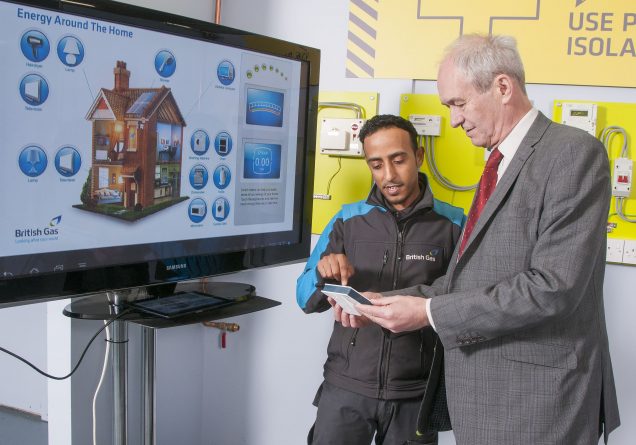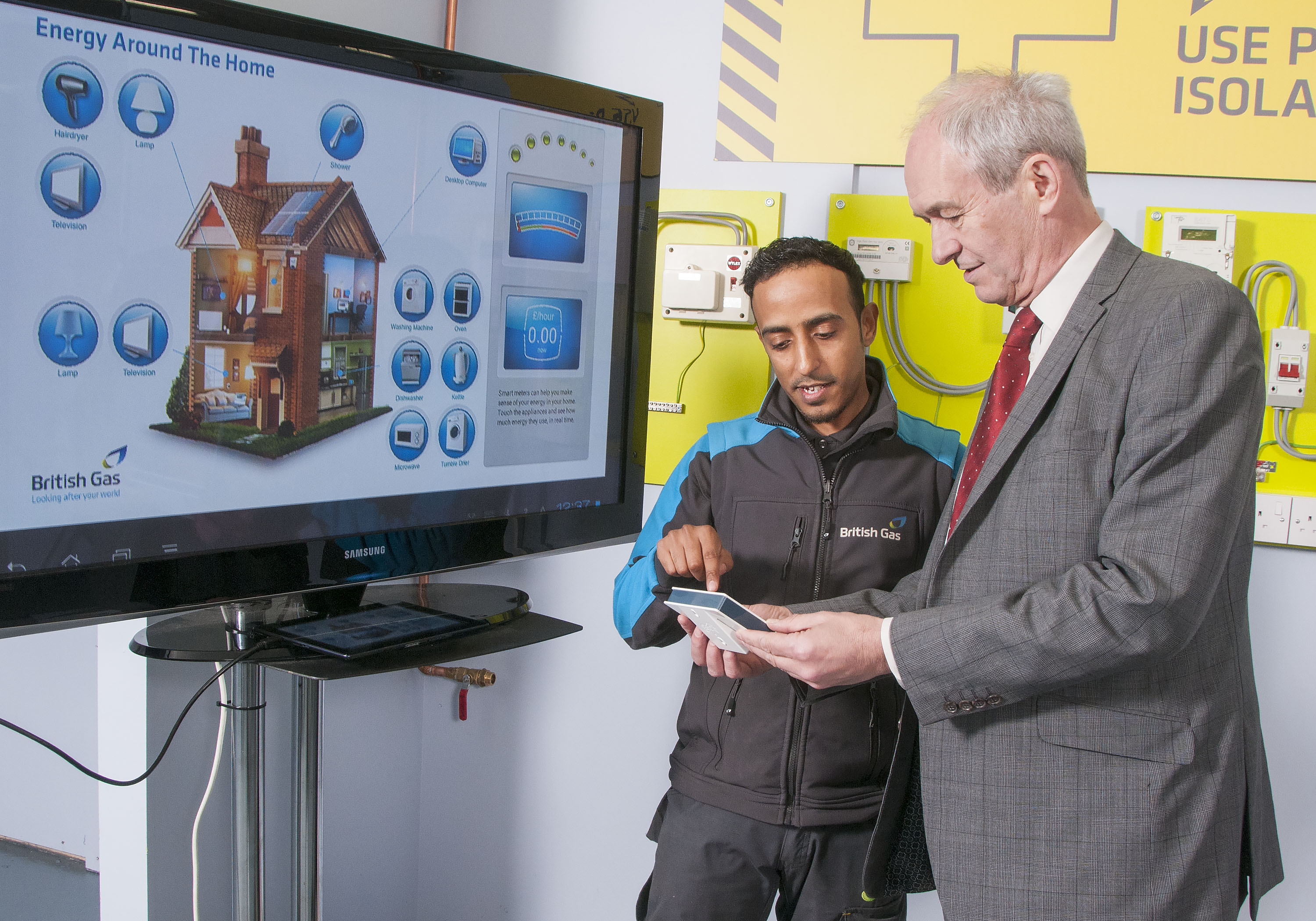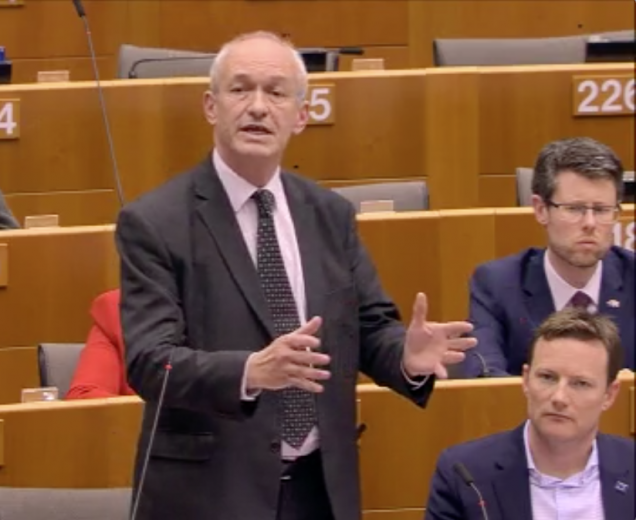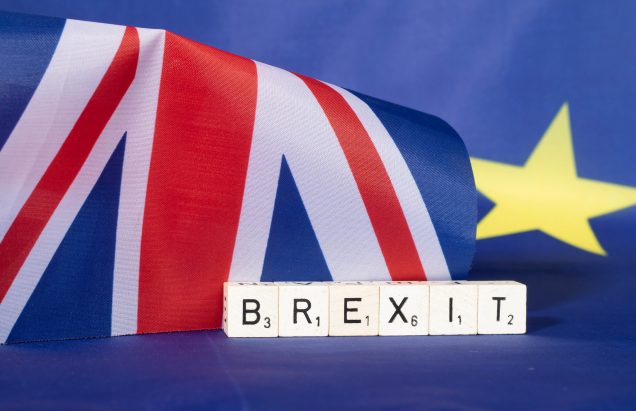I was pleased last week to visit the British Gas Academy, an impressive facility only a few minutes away from my constituency office here in Leeds, where British Gas engineers from across the north of England are trained in the skills they need to install and maintain energy supply equipment for the company’s millions of customers.
Another main focus is the rollout of ‘smart metering’, replacing the traditional gas or electricity meter in a house or office. It records, and periodically sends, data about energy usage to the supplier. For the customer, this means no more need to submit meter readings. For the supplier, it allows for a more sophisticated understanding of usage patterns, which helps with long-term planning.
EU countries have jointly agreed to promote smart meters, partly as an environmental measure and partly to improve the security and performance of the European energy market. But the devices bring one more big advantage: over time, they can help customers to manage their energy consumption and to see more clearly how a particular activity or pattern of usage converts to a higher or lower bill. Thus they can be one weapon in the battle against energy poverty.
Estimates suggest that between 50 and 125 million EU citizens may be at risk of energy poverty (i.e. unable to adequately heat or provide other required energy services in their homes at affordable cost). Of course, low income and high energy prices are key factors in this, but so too is energy-inefficient housing.
As my colleague Theresa Griffin MEP put it last year:
It’s a disgrace. No EU citizen should have to choose between heating and eating.
In the UK, the most recent Annual Fuel Poverty Statistics Report shows that 2.35 million households are deemed “energy poor”. The effect bites most obviously in winter, when the most vulnerable people in energy poverty are at risk of death from lowered temperatures. But in other countries, hot summers are an equally serious problem: many vulnerable people cannot afford air conditioning.
Obviously, measures to tackle energy poverty are primarily a matter for national governments, including the UK. But the way we manage our shared energy market at European level can make a difference here too. Labour and its sister parties across the EU published an energy manifesto last month, laying out ways to tackle the problem. Among its recommendations for European-level action are:
- collecting and sharing data so we can better understand the problem and compare the effects of different solutions;
- strengthening consumer protection rights in the single market, for instance, to protect vulnerable people against disconnection;
- targeting energy efficiency measures, adopted at EU level as part of joint action to tackle climate change, on households that are most vulnerable to energy poverty.
Clearly, smart meters alone won’t fix this problem. British Gas were keen to point out to me that they also fund a charitable trust dedicated to helping people who find themselves in serious debt to energy suppliers. But what we really need to make a difference, is action from governments — both at home in the UK and collectively across our single market.






